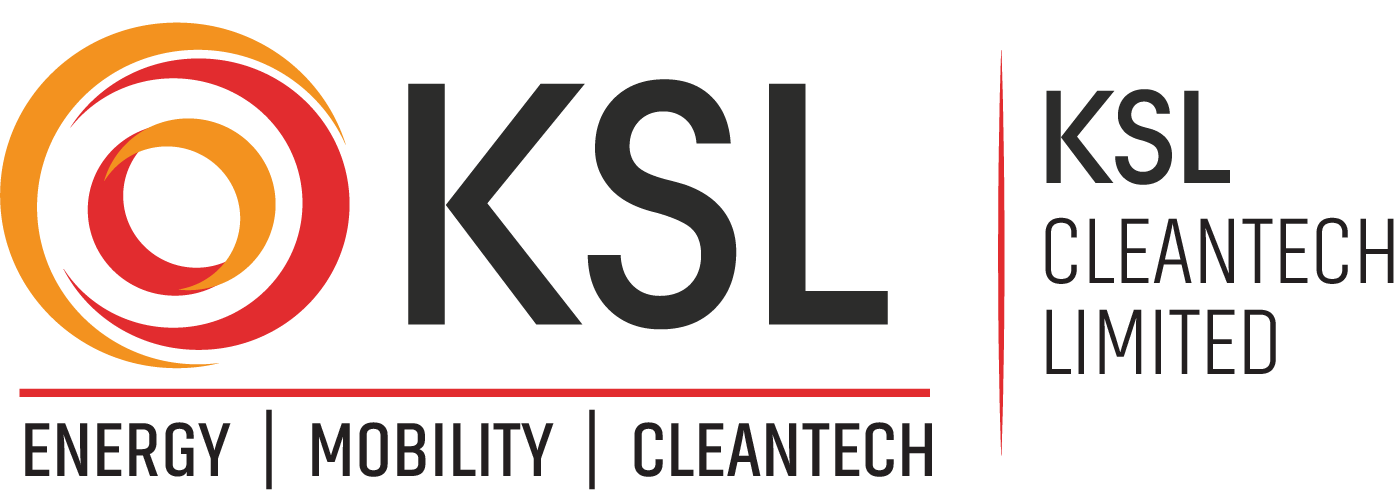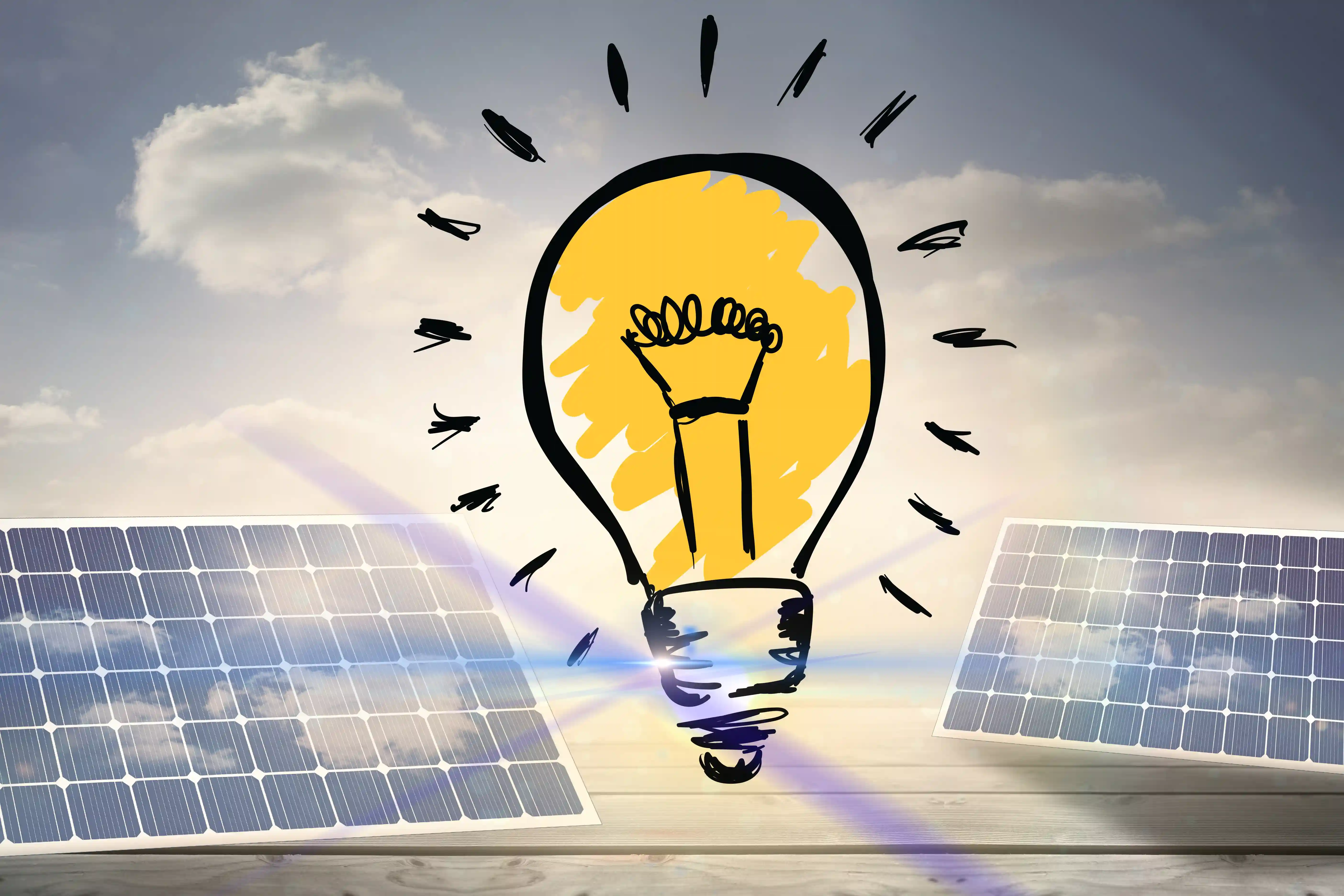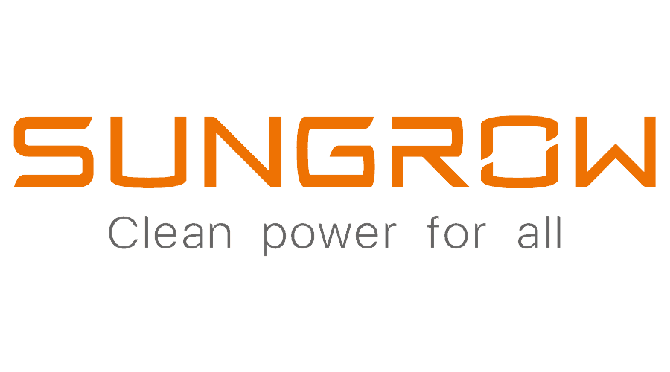In today’s world, where sustainability and eco-friendliness are becoming increasingly crucial, solar installations have emerged as a beacon of hope. Whether it’s for industrial sheds or residential spaces, harnessing the power of the sun offers numerous benefits, from cost savings to environmental preservation. Let’s delve into the intricacies of solar installations, addressing key questions and shedding light on this renewable energy source.
1. Time Required to Install Solar in Your Industrial Shed:
The time required to install solar panels on your industrial shed can vary depending on various factors such as the size of the shed, the complexity of the installation, and the availability of resources. Generally, a typical installation process may take anywhere from a few days to a couple of weeks. Factors such as obtaining permits, site preparation, and grid connection also contribute to the overall timeline.
2. Types of Area Needed to Install:
Solar installations can be deployed on various types of surfaces, including rooftops, open fields, and even water bodies. For industrial sheds, rooftop installations are common due to the ample available space. However, ground-mounted installations are also feasible if the roof area is limited or unsuitable for solar panels.
3. Components of Solar Installation:
A solar installation comprises several essential components, including solar panels, inverters, mounting structures, wiring, and balance of system (BOS) components such as junction boxes and combiner boxes. These components work together to harness solar energy and convert it into usable electricity.
4. Efficiency Compared to Diesel Generators or Conventional Sources:
Solar installations offer significant advantages over diesel generators or conventional sources of energy in terms of efficiency, cost-effectiveness, and environmental impact. Solar energy is abundant, renewable, and inexhaustible, unlike fossil fuels such as diesel. Additionally, solar installations require minimal maintenance and have lower operating costs over their lifespan.
5. Reusability of Panels:
Solar panels are designed to last for several decades, typically around 25 to 30 years. While the efficiency of panels may decrease slightly over time, they can still be repurposed or recycled at the end of their lifespan. Recycling initiatives are gaining traction globally, ensuring that the materials used in solar panels are reused efficiently.
6. Lifespan of Solar Panels:
The lifespan of solar panels varies depending on the quality of materials used, manufacturing processes, and environmental factors. However, most solar panels are designed to last for 25 to 30 years with minimal degradation in performance. Proper maintenance and periodic inspections can further extend the lifespan of solar panels.
7. Basic Cost of Solar Installation in India:
The cost of solar installation in India can vary depending on factors such as system size, quality of components, and installation complexity. On average, the cost of installing a solar system for an industrial shed in India ranges from INR 50,000 to INR 100,000 per kilowatt (kW). However, government subsidies and incentives are available to offset the initial investment, making solar installations more accessible and affordable.
8. How Are Solar Panels Made?
Solar panels are primarily made from silicon, which is processed into ingots, wafers, and cells before being assembled into modules. The manufacturing process involves slicing silicon ingots into thin wafers, doping them with impurities to create a semiconductor material, and then assembling them into solar cells. These cells are then encapsulated within a protective layer and framed to form solar panels.
9. Environmental Benefits of Solar Energy:
Solar energy is hailed as one of the cleanest and most sustainable sources of energy, offering numerous environmental benefits. Unlike fossil fuels, solar energy generation produces no greenhouse gas emissions, reducing air pollution and mitigating climate change. Additionally, solar installations have a minimal impact on water resources and ecosystems compared to conventional power plants.
10. About KSL:
KSL Cleantech Limited is a leading provider of solar solutions in India, specializing in solar panel installations for industrial and residential purposes. With a focus on quality, reliability, and customer satisfaction, KSL offers end-to-end services, from consultation and design to installation and maintenance. By harnessing the power of the sun, KSL is committed to driving sustainable development and creating a greener future for generations to come.
In conclusion, solar installations offer a promising solution to our energy needs while mitigating the adverse effects of conventional energy sources on the environment. With advancements in technology and increasing affordability, solar energy is poised to play a significant role in shaping a sustainable future for generations to come. Let’s embrace the power of the sun and pave the way towards a cleaner, brighter tomorrow.











